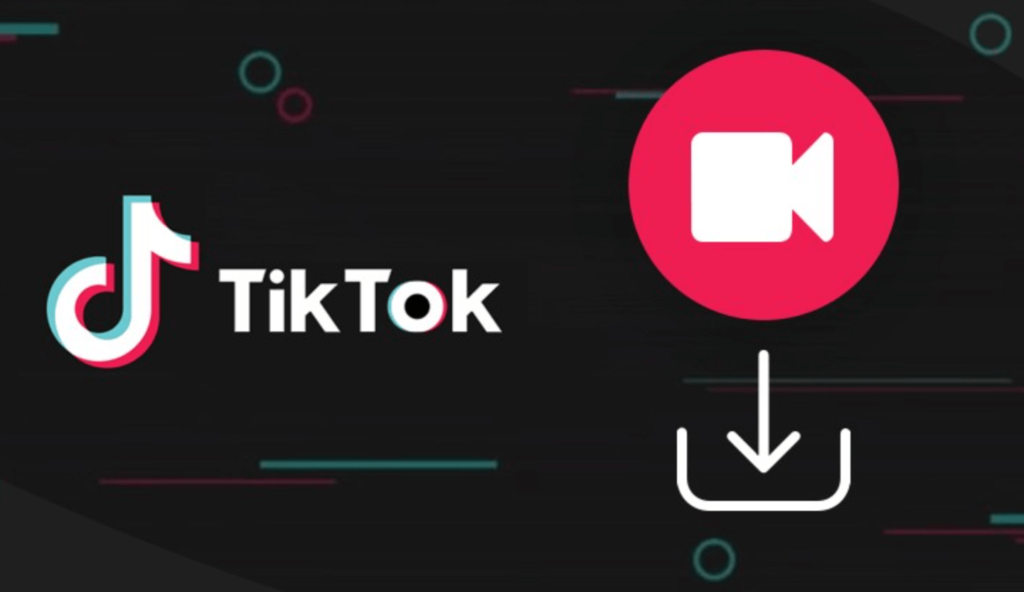Private security services play a crucial role in providing comprehensive safety and protection for individuals, businesses, and organizations across a variety of sectors. With growing concerns about personal safety, property security, and data protection, the demand for professional security services has never been higher. These services are designed to offer a customized approach to safeguarding assets, whether it is a residential area, commercial property, high-profile individual, or a corporate facility. One of the key advantages of private security services is their ability to offer tailored solutions based on specific needs. Security providers assess the unique risks of each situation and devise a strategic plan that includes everything from surveillance systems to on-site security personnel. With the help of experienced security professionals, these services can ensure the safety of both physical premises and sensitive information, mitigating potential threats before they escalate. Many security companies use a blend of modern technology such as CCTV, access control systems, and alarm monitoring, along with highly trained personnel, to maintain a vigilant presence.
For businesses, having reliable top security guards in san jose in place helps prevent loss due to theft, vandalism, or other criminal activities. Moreover, the presence of uniformed security guards at entrances or patrolling the premises provides a deterrent to potential intruders and ensures that employees and visitors feel safe. In environments where high-value assets are involved, security measures are even more critical, often including specialized services like asset tracking and transportation security. Another significant aspect of private security services is their ability to respond quickly to emergency situations. Security personnel are trained to handle a wide range of threats, including medical emergencies, fire outbreaks, or criminal incidents. With their knowledge of emergency procedures and a direct line to local law enforcement or emergency responders, they can manage situations efficiently, minimizing damage and harm. Private security services are also essential for high-net-worth individuals who require personal protection.
Bodyguards and close protection officers are hired to ensure their clients are safe from potential threats such as kidnapping, stalking, or physical harm. This specialized service is discreet and proactive, allowing individuals to go about their daily lives without constant fear for their safety. Moreover, with the rise of digital threats, private security services have expanded to include cybersecurity measures. This includes monitoring for potential breaches, securing data, and preventing cyberattacks that could compromise sensitive information. As businesses and individuals increasingly rely on digital platforms, the importance of digital security cannot be overstated. In conclusion, private security services provide a holistic approach to safety and protection, offering peace of mind for individuals and organizations alike. By combining expert personnel, state-of-the-art technology, and a proactive approach to risk management, these services ensure that their clients remain secure in an increasingly complex world.



